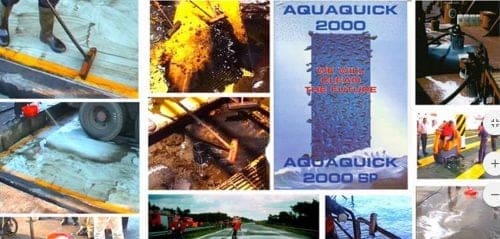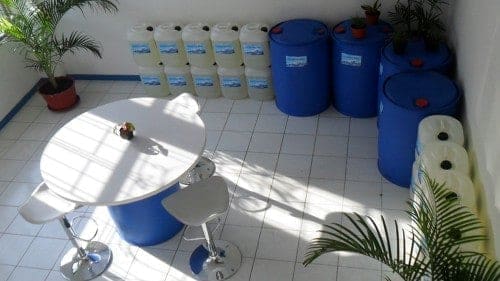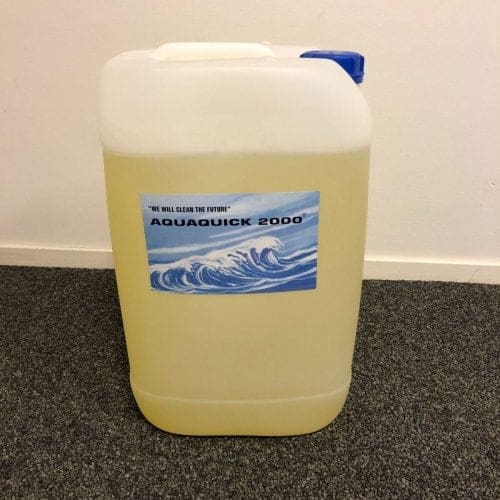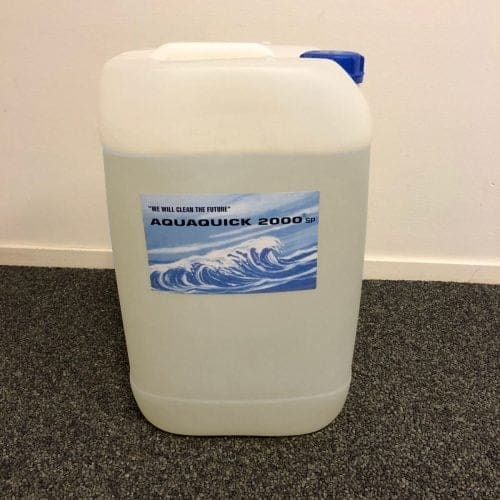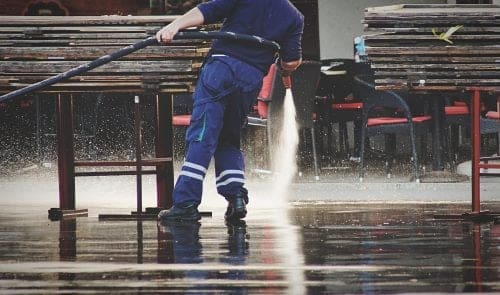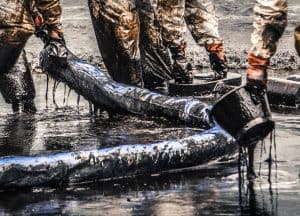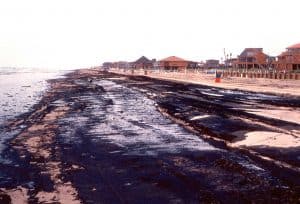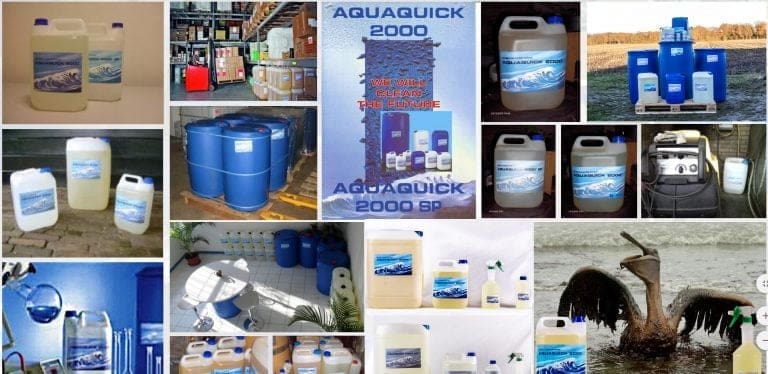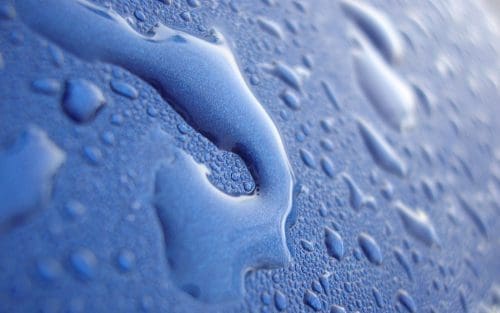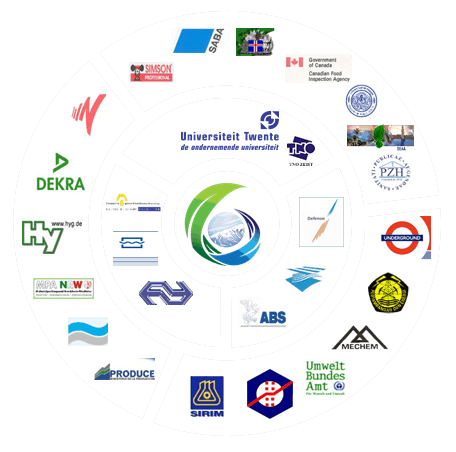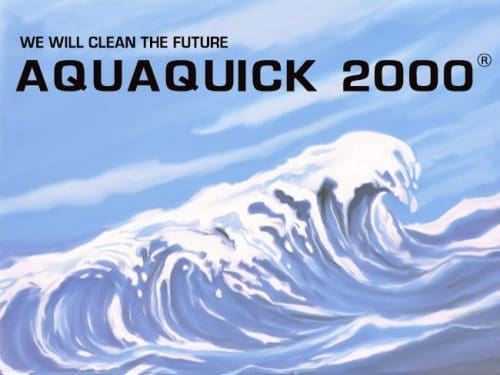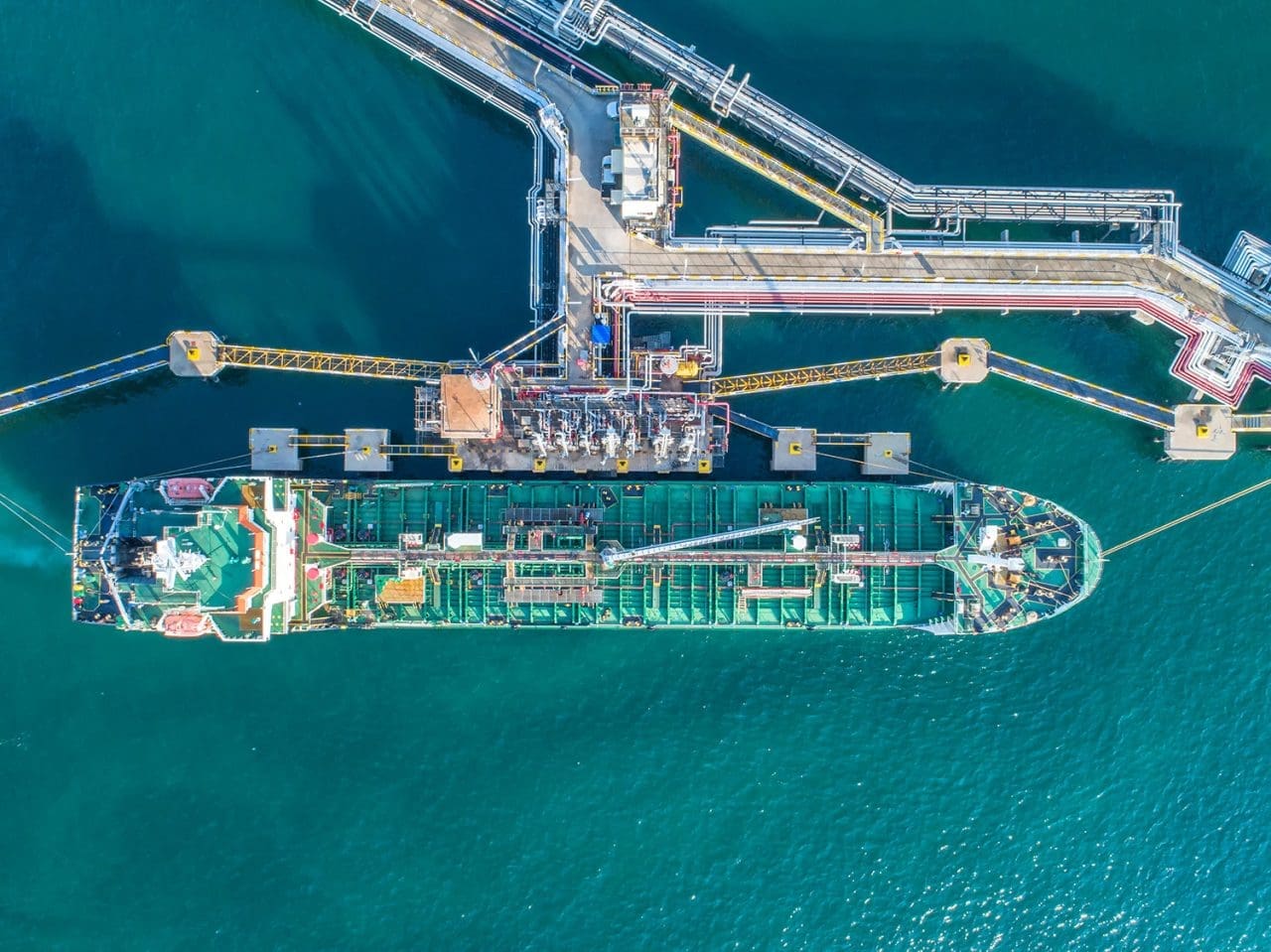Introduction: A New Era in Global Sea Spill Management
In the ever-evolving battle against global sea spills, AQUAQUICK 2000 emerges as a transformative force. This breakthrough product has reshaped the approach to sea spill response worldwide, marking a significant shift towards more efficient and environmentally responsible practices. This article explores the global impact of AQUAQUICK 2000, underscoring its effectiveness in managing sea spills on an international scale.
Global Challenges of Sea Spills
The Universal Struggle
Sea spills know no borders, affecting ecosystems, economies, and communities across the globe. Whether it’s a major oil spill in the Gulf of Mexico or a shipping incident in the North Sea, the consequences are universally damaging. Traditional methods of sea spill cleanup have often struggled to mitigate these impacts effectively, highlighting a need for a solution that can address these challenges on a global scale.
AQUAQUICK 2000: A Game Changer in Sea Spill Response
Redefining Cleanup Strategies
AQUAQUICK 2000 has revolutionized the way sea spills are managed around the world. Its unique formula, capable of efficiently breaking down and emulsifying oil, has proven effective in diverse environments and spill scenarios. This versatility makes it a go-to solution for a range of sea spill incidents, regardless of location.
Case Studies: AQUAQUICK 2000 in Action
Success Stories Across the Globe
The efficacy of AQUAQUICK 2000 is best illustrated through its real-world applications. For instance, in the aftermath of a significant spill in the Mediterranean, AQUAQUICK 2000 was deployed, leading to a rapid and effective cleanup that minimized ecological damage. Similarly, in Southeast Asia, AQUAQUICK 2000 played a crucial role in swiftly addressing a spill, showcasing its adaptability to different marine conditions and spill types.
Environmental Impact: Beyond Cleanup
Preserving Marine Ecosystems Worldwide
The global application of AQUAQUICK 2000 is not just about effective cleanup; it’s also about its environmental impact. By offering an eco-friendly alternative to traditional methods, AQUAQUICK 2000 helps preserve marine biodiversity and protect sensitive habitats around the world. This global perspective on environmental conservation is what sets AQUAQUICK 2000 apart in the field of sea spill solutions.
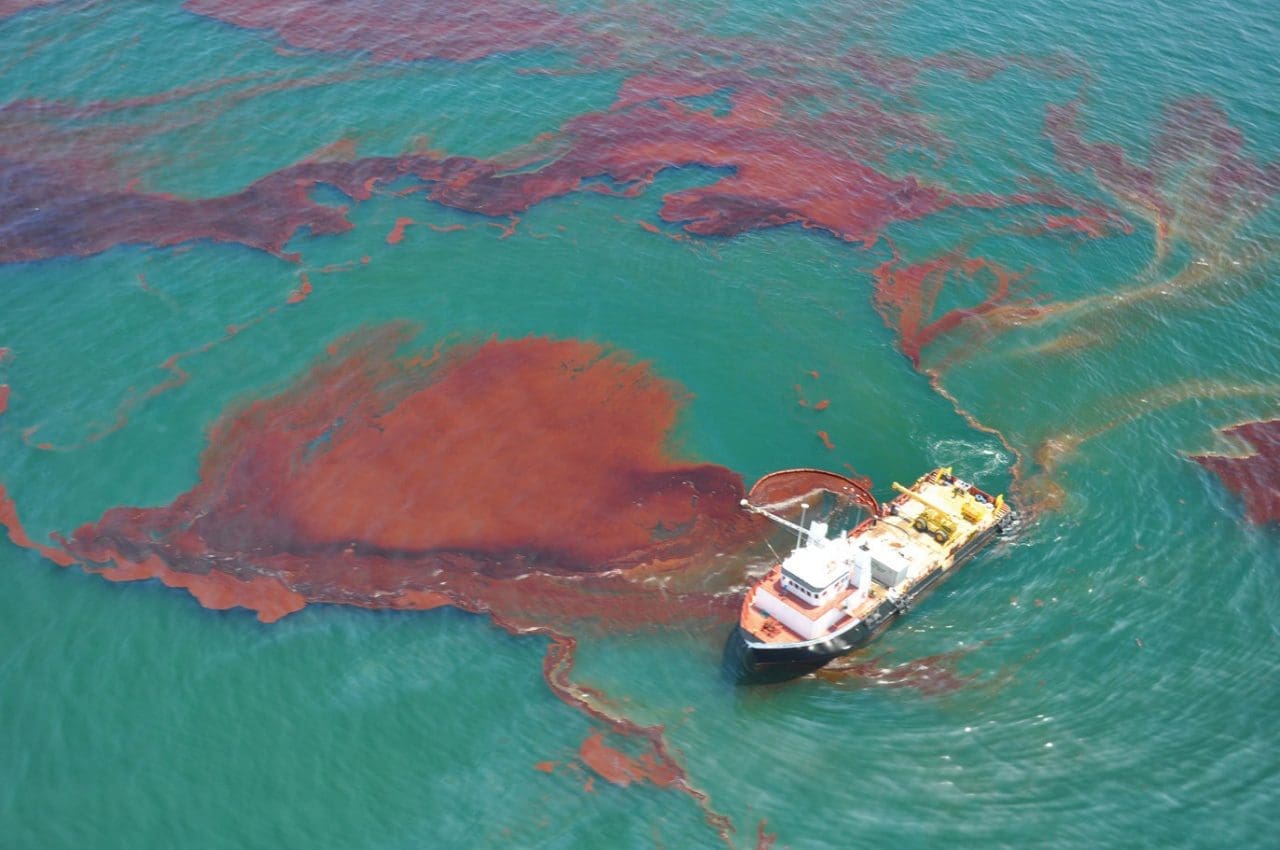
AQUAQUICK 2000’s Role in International Marine Safety
Enhancing Safety Standards Globally
AQUAQUICK 2000’s contribution to global sea spill response goes beyond immediate cleanup efforts. By providing a reliable and safe solution, it enhances marine safety standards internationally. This not only helps in protecting marine life but also supports the safety of maritime workers and coastal communities affected by sea spills.
Conclusion: Leading the Way in Global Sea Spill Solutions
As the world grapples with the challenges of sea spills, AQUAQUICK 2000 stands as a beacon of hope and innovation. Its proven effectiveness in various international incidents, combined with its commitment to environmental preservation, positions AQUAQUICK 2000 at the forefront of global sea spill solutions. Embracing AQUAQUICK 2000 is a step towards a more sustainable and safe future for our oceans.
The Disturbing State of the Oceans Due to Global Sea Spills
The Alarming Reality of Ocean Pollution
The current state of the world’s oceans paints a disturbing picture, largely exacerbated by frequent and extensive global sea spills. These spills are not isolated incidents; they are part of a broader narrative of ocean pollution that poses severe threats to marine ecosystems, biodiversity, and the global environment. The magnitude of these spills, often involving millions of gallons of oil, has profound and lasting impacts on ocean health.
The Far-Reaching Impact of Global Sea Spills
The consequences of global sea spills extend far beyond the immediate contamination of water. These incidents result in the death and suffering of countless marine animals and birds, disrupt intricate food chains, and destroy habitats. The oil from spills coats everything it touches, suffocating life and bringing long-lasting devastation to once-thriving ecosystems. The effect on coral reefs, which are vital for ocean health, is particularly catastrophic, as oil spills can cause bleaching and death of these essential structures.
Economic and Social Ramifications
Global sea spills also have significant economic and social ramifications. Coastal communities that rely on fishing and tourism are often the hardest hit, facing immense financial losses and disruptions to their way of life. The damage to fisheries can last for years, affecting the food supply and livelihoods of millions of people. Moreover, the cleanup efforts are costly and time-consuming, often stretching over decades.
The Potential for Change: Mitigating the Impact on Nature
The Role of Eco-Friendly Sea Spill Solutions
In the face of this environmental crisis, the adoption of eco-friendly sea spill solutions becomes imperative. Products like AQUAQUICK 2000 offer a glimpse of hope, providing an effective means to tackle oil spills while minimizing further harm to the environment. These solutions use biodegradable components to break down oil, making the cleanup process safer for marine life and less damaging to the ocean’s delicate ecosystems.
Restoration and Recovery Efforts
The use of eco-friendly solutions in global sea spills is just one part of a broader strategy needed for the restoration and recovery of affected areas. Efforts must also be made to rehabilitate wildlife, restore damaged habitats, and support affected communities. This holistic approach is crucial in reversing some of the damage caused by these catastrophic events.
A Call for Global Action and Policy Change
Addressing the disturbing situation of our oceans requires concerted global action and significant policy changes. Stronger regulations on oil drilling and transportation, stricter penalties for spills, and investment in research and development of sustainable sea spill technologies are essential. There must be a collective commitment to protecting our oceans, which involves governments, industries, environmental organizations, and individuals working together towards a common goal.
Conclusion: Charting a New Course for Ocean Conservation
The disturbing state of the oceans due to global sea spills is a clarion call for immediate and decisive action. By embracing eco-friendly sea spill solutions and advocating for stronger environmental policies, there is potential to mitigate the impact on nature and chart a new course for ocean conservation. The oceans are a critical part of our planet’s life support system, and safeguarding them is not just an environmental responsibility but a necessity for the survival of future generations.
Implementing Solutions to Address Global Sea Spills
Embracing Eco-Friendly Cleanup Technologies
The foremost step in addressing the issue of global sea spills is the adoption of eco-friendly cleanup technologies. Solutions like AQUAQUICK 2000 represent a significant advancement in this field. By utilizing biodegradable components that safely break down oil, these technologies ensure that the cleanup process minimizes additional harm to marine ecosystems. Such eco-friendly approaches are crucial in preserving the health of oceanic life and preventing further degradation of marine habitats.
Strengthening Prevention and Response Strategies
Preventing future spills is as important as efficiently managing existing ones. This involves strengthening regulations and oversight of oil drilling and transportation. Regular safety audits, stringent enforcement of environmental standards, and robust emergency response plans are necessary to minimize the risk of spills. Additionally, investing in research and development to improve the safety of oil extraction and transportation methods is vital.
International Collaboration and Policy Development
Global sea spills are an international concern and require a coordinated global response. This collaboration should extend to sharing technology, expertise, and resources to tackle spills effectively. Developing comprehensive international policies and agreements focused on spill prevention, response, and recovery can provide a unified framework for action. Such policies should also promote the use of eco-friendly technologies in spill management.
Community Involvement and Education
Engaging local communities in spill response and prevention efforts is essential. Community members can be invaluable in early detection and initial response to spills. Educational programs that raise awareness about the impact of spills and the importance of ocean conservation can empower communities to take an active role in protecting their local marine environments.
Investing in Restoration and Recovery
Post-spill restoration and recovery are critical components of addressing global sea spills. Efforts should focus on rehabilitating affected wildlife, restoring damaged ecosystems, and supporting the recovery of impacted communities. Long-term monitoring of spill sites is necessary to assess the recovery process and guide further action.
Leveraging Technology for Monitoring and Quick Response
Advancements in technology can significantly improve the monitoring of marine environments and the quick detection of spills. Satellite imagery, aerial surveillance, and underwater sensors can provide real-time data, enabling rapid response to minimize the impact of spills. Investing in such technologies is key to proactive spill management.
Conclusion: A Collective Commitment to Ocean Preservation
Tackling the issue of global sea spills requires a multifaceted approach involving eco-friendly technologies, preventive measures, international cooperation, community engagement, restoration efforts, and technological advancements. By adopting a collective and committed approach, we can mitigate the damaging effects of sea spills and move towards a future where the health and preservation of our oceans are a shared global priority.

